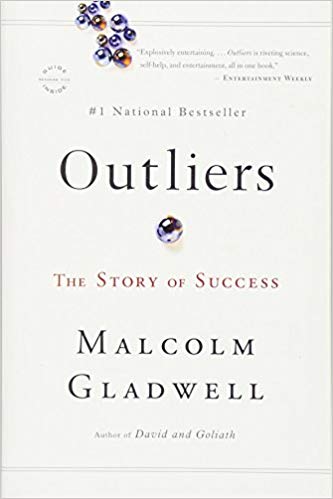One of the most popular 21st century authors is the eponymous Malcolm Gladwell. His book "Outliers" popularised the academic notion of practice making perfect. The ballpark number thrown out is around 10,000 hours to becoming an expert in whatever you put your mind to - be it drills to become a tennis star, memorising verbs to become fluent in Farsi, or practising flute scales to get into Juilliard.
Comments
|
Post-College Musings
Bridging the gap between my LinkedIn and Instagram. Categories |


 RSS Feed
RSS Feed